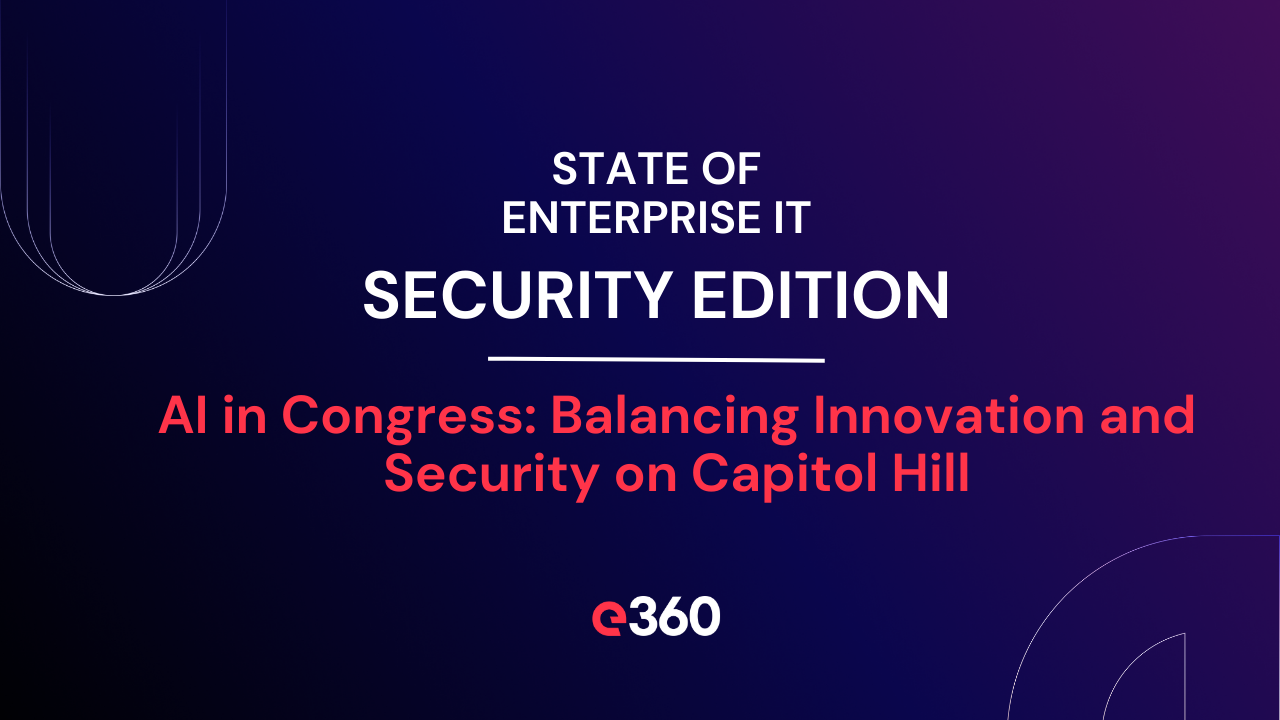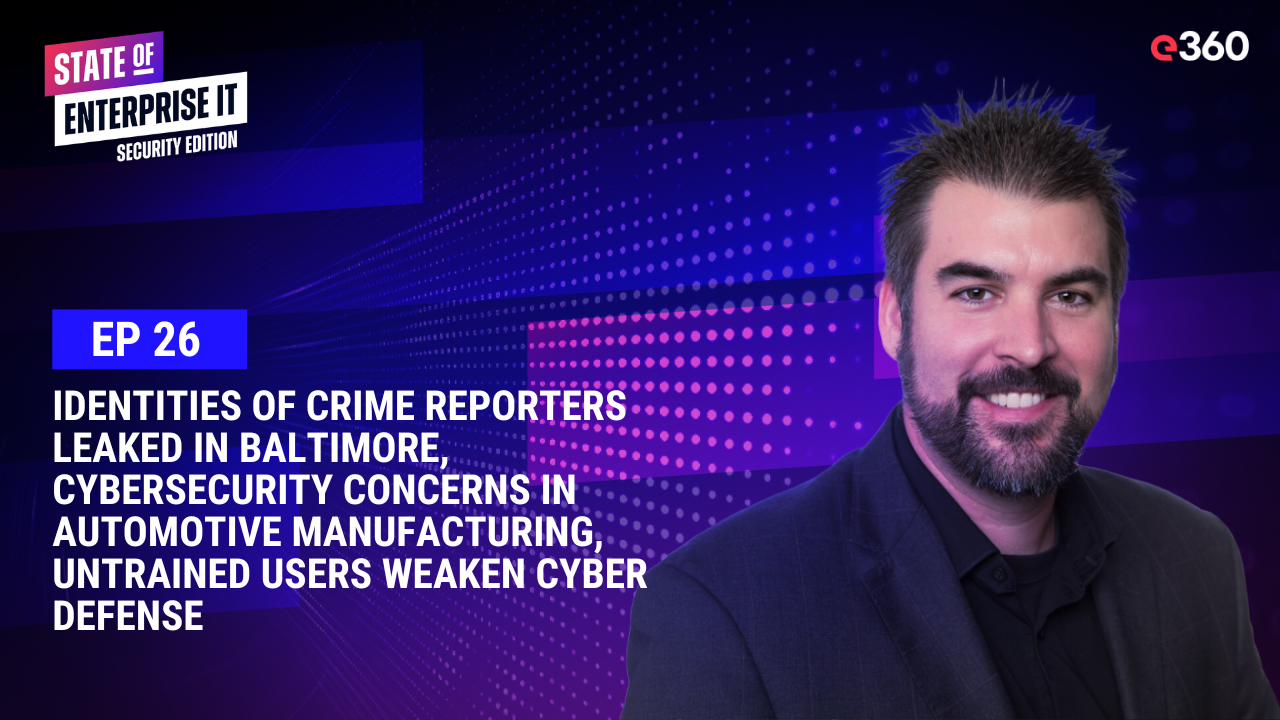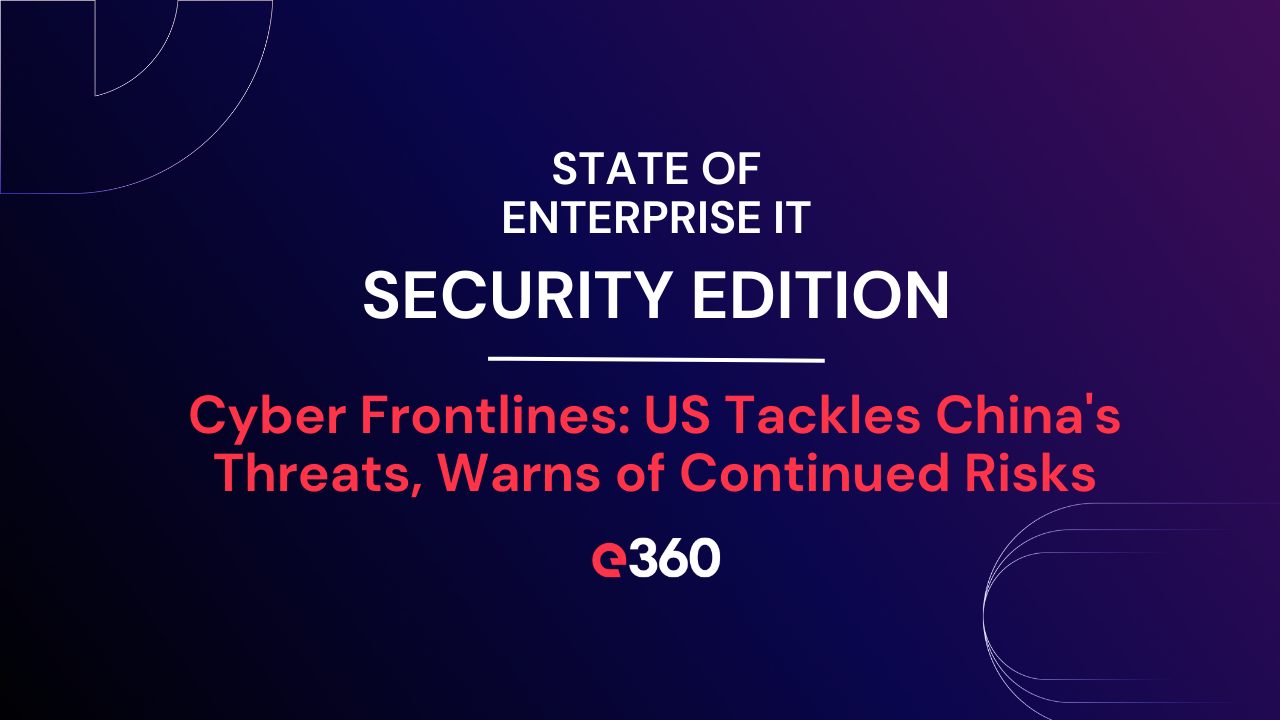The integration of artificial intelligence (AI) into various sectors has been a topic of much discussion and debate, and the US Congress is no exception. In the sixth episode of the "State of Enterprise IT Security" podcast, host Brad Bussie offers a compelling insight into how Congress is navigating the complex terrain of AI, focusing on enhancing efficiency while addressing the inherent security risks.
The Congressional Approach to AI
The House and Senate are taking markedly different approaches to integrating AI into their daily operations. About a hundred congressional offices are currently utilizing AI for tasks ranging from writing correspondence and scheduling to drafting and summarizing legislation. The House, in particular, has been piloting Chat GPT (the teams' version with privacy components) for various tasks, demonstrating a commitment to leveraging technology for enhancing productivity and consistency in legislative work.
Balancing Technology and Security
While the potential of AI in streamlining legislative processes is undeniable, it brings with it a set of security concerns. Brad Bussie points out the need for careful evaluation of the technology, especially when it comes to handling sensitive information. He also touches on the phenomenon of AI 'hallucinations', where AI can provide convincingly wrong information, underscoring the necessity for critical evaluation of AI-generated data.
The Senate's Cautious Stance
The Senate's approach to AI adoption is more cautious, primarily leveraging AI for research and evaluation purposes, focusing on non-sensitive information. This careful approach is a reflection of the upper chamber’s understanding of the potential risks associated with AI, particularly in terms of national security and data privacy.
Setting the Stage for the Future
As Brad articulates, Congress is in the process of building guardrails for AI use, with the House Chief Admin Office expected to unveil a draft policy for AI use across the House in the coming months. This move signifies a proactive step towards managing the risks and benefits of AI in government operations, setting a precedent for future technology integration in legislative processes.
Episode Six of the "State of Enterprise IT Security" podcast not only highlights the current state of AI integration in Congress but also provides a glimpse into the future of legislative processes in the digital age. For more insights into how technology shapes our world, stay tuned to our blog for the latest in enterprise IT security and beyond.



